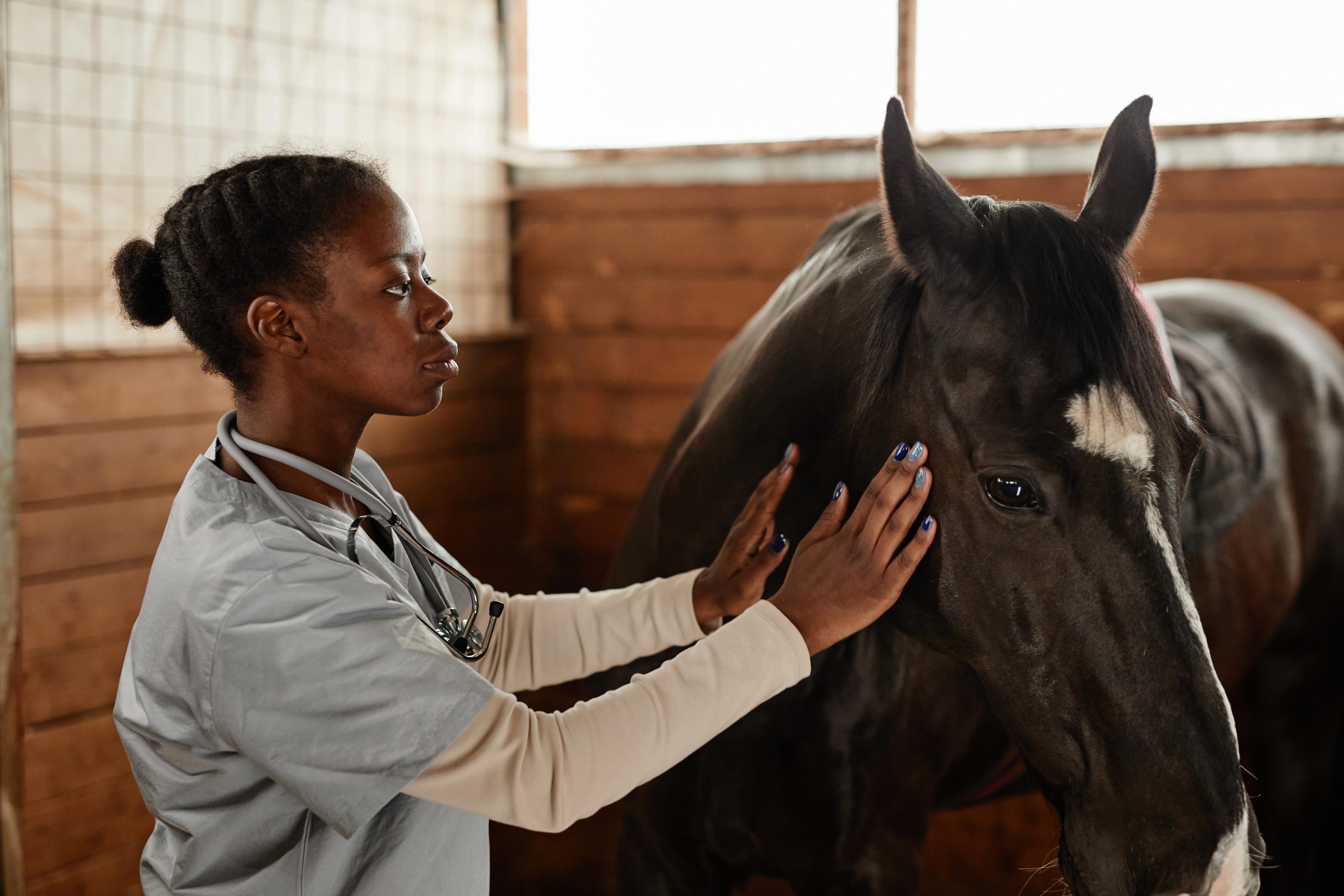
Animal Longevity Service Center
The Animal Longevity Service Center represents a bold step toward redefining animal care standards. By integrating state-of-the-art technologies, interdisciplinary collaboration, and a commitment to ethical practices, this initiative promises to enhance animal health, performance, and lifespan. The center’s vision aligns with the broader goals of innovation, sustainability, and excellence in veterinary medicine.
The Need for a Longevity Service Center
In high-stakes industries such as racing, animal athletics, and companion animal care, the health and performance of animals are paramount. Despite advancements in veterinary medicine, gaps remain in the integration of technologies, data sharing, and holistic strategies for animal well-being. By addressing these gaps, the Animal Longevity Service Center will provide a unified platform to enhance animal health, improve performance, and extend lifespan through innovative solutions.
Advancing Muscle Assessment Technologies
Innovative muscle assessment tools, including non-invasive compressibility measurements, thermal imaging, and AI-driven analytics, allow for precise monitoring of muscle health. These tools enhance early detection of injuries, optimize training regimens, and improve recovery processes, ensuring peak animal performance and well-being.
Integrating Longevity Medicine Principles
Longevity medicine, traditionally applied to humans, offers valuable insights for animal care. By leveraging diagnostics, personalized training, and supplementation strategies, animals can benefit from enhanced health and performance outcomes. Key interventions include NAD+ supplements, fisetin for reducing cellular senescence, and red light therapy for inflammation and muscle recovery.
AI-Powered Insights and Data Integration
Artificial intelligence enables real-time analysis, predictive modeling, and data-driven decision-making. AI-powered tools such as smart sensors and predictive injury models provide actionable insights to prevent injuries, accelerate recovery, and optimize overall care strategies.
Establishing Collaborative Ecosystems
To achieve meaningful results, the center will foster collaboration among veterinary experts, researchers, and AI specialists. This coalition will facilitate data sharing, innovation, and the creation of a unified healthcare system that bridges existing silos.
Economic and Ethical Benefits
The proposed center offers significant commercial advantages, including increased earnings potential for animal owners, extended competitive lifespans, and reduced veterinary costs through preventative care. Additionally, the center prioritizes animal welfare, ensuring ethical and sustainable practices in all interventions.
